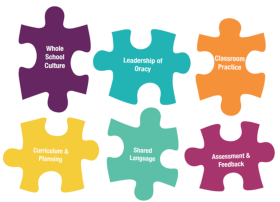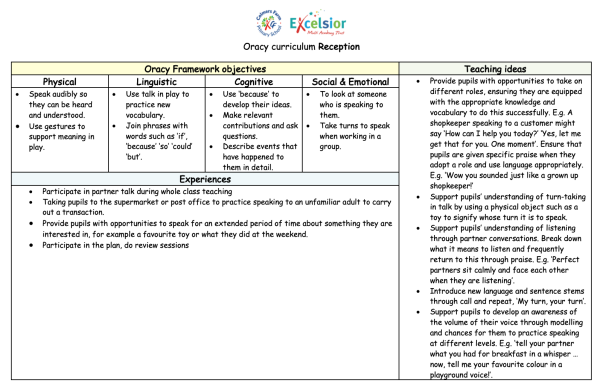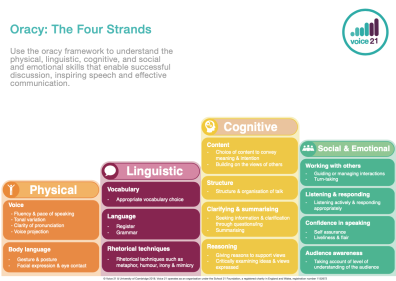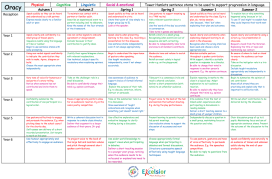Oracy
Oracy at Colmers Farm
At Colmers Farm Primary School we are working in partnership with Voice 21 (the national oracy education charity) to develop our pupils confidence, articulacy and capacity to learn. High quality oracy education empowers pupils, regardless of their background, to find their voice for success in school and in life.
What is Oracy?
This short video, made by Voice 21, explains what Oracy is. Click on the image below to view this video.
This next video helps to understand how important Oracy, and the teaching of Oracy is.
Our Oracy Policy and Curriculum
Oracy - 4 Strands
Children will not only be taught the word ‘Oracy’, but also the language of the 4 strands.
- Physical
- Linguistic
- Cognitive
- Social and Emotional
We teach these skills in school, but you can do it at home very easily too.
For example, to develop the physical strand, we practice good listening skills. In our classrooms we display this poster.
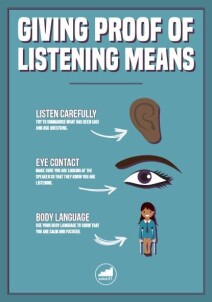 In your homes, you can follow these rules too.
In your homes, you can follow these rules too.
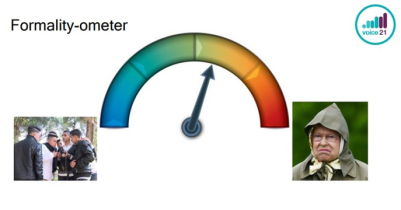
This image shows how the way we talk can differ depending on who we are talking to. Do you have a ‘telephone voice’? Do you always speak in the same way?
Do you ever play ‘devil’s advocate’? Do you ask tricky questions, just to get your children to change the way they are thinking? Do you ever watch a program on television and then have explain what you seen to someone, or have to summarise what happened because they missed it? You are using our discussion roles or ‘Talk Tactics’.
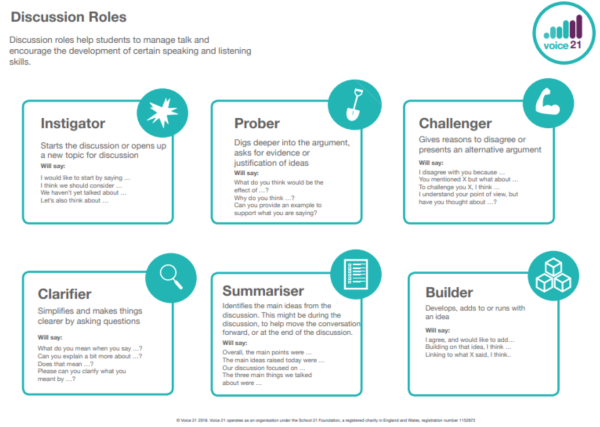
There are many games, which you can play at home, that develop the social emotional aspect of Oracy. Below are a few examples of these.

We can think about them as separate strands but they frequently overlap and develop more than one aspect.
Classroom Displays and Sentence Stems
These images show the kind of display you will see in all classrooms to support children’s oracy.
We use sentence stems to help children speak in full sentences, when appropriate.
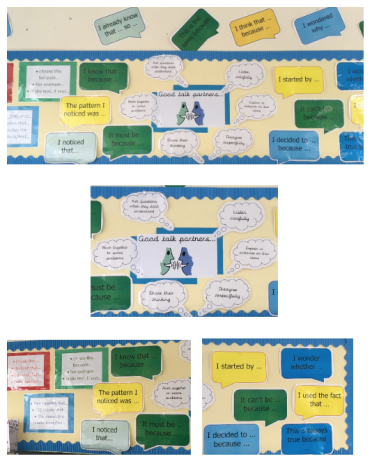
Sometimes children don’t need to speak in full sentences. Exploratory talk is about using informal language to explore ideas.
Sometimes children agree with each other, sometimes they don’t. We teach children how to disagree respectfully and we show our opinions using non-verbal signals.
We have a progression plan for all year groups so that our children make progress for the time the enter CFPS to the day they leave. Please click on the image below to see our Oracy Progression Document.


